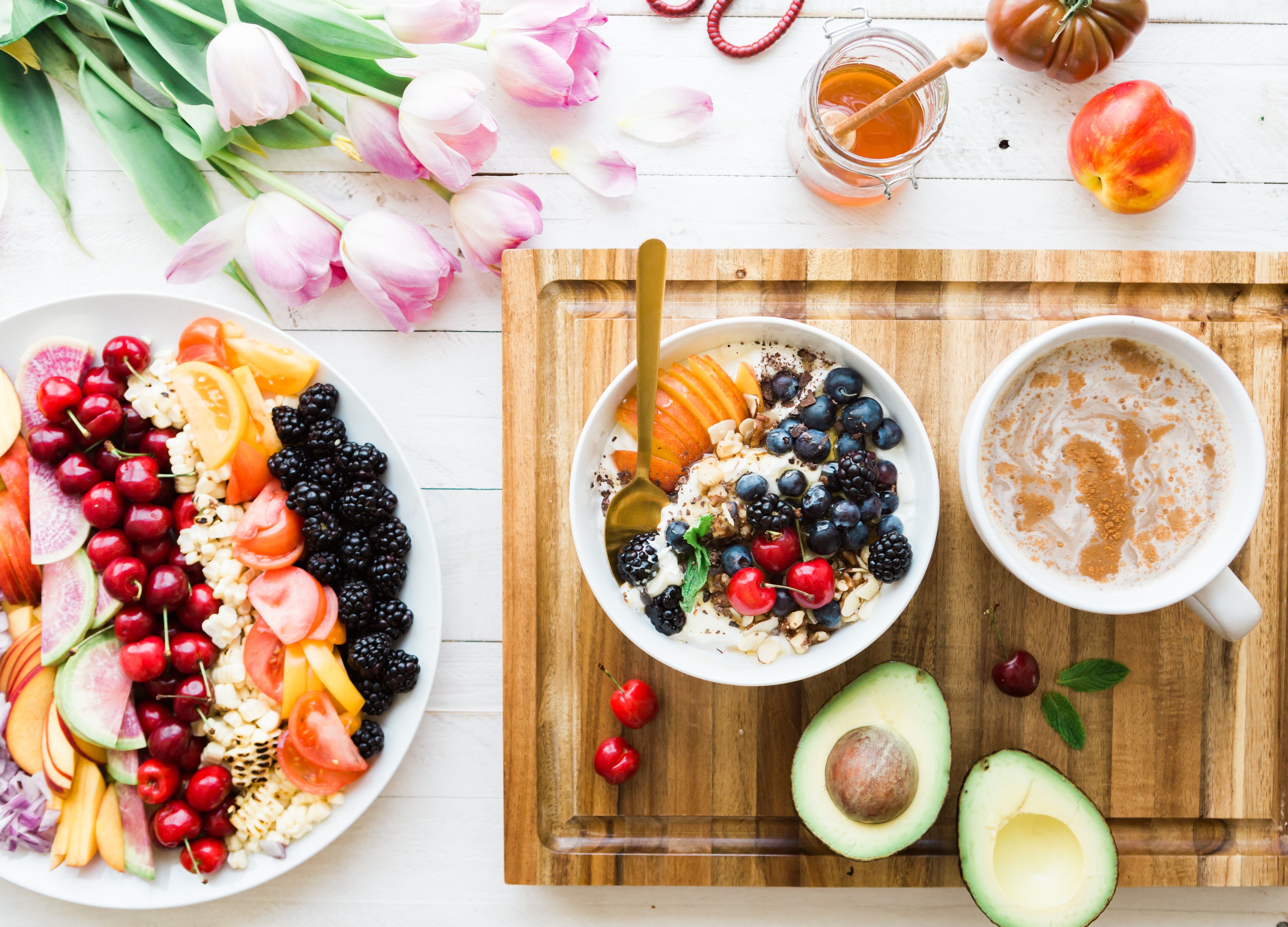For those who are stressed, anxious, or even depressed, what
you put into your body could help fight those feelings that bring you down.
"Emerging research in the nascent field of nutritional
psychiatry suggests that
Although antidepressants and talk therapy are the most
established treatments for mental health, studies have proved that a healthy
diet with foods such as fruits, vegetables, whole grains, fish, and other lean
proteins can combat our negative feelings.
Dr. Uma Naidoo, the founder and director of the Nutritional
& Lifestyle Psychiatry clinic at Boston's Massachusetts General Hospital,
has a goal of helping people cope with mental illness through nutritional
strategies.
Dr. Naidoo
is a nutritional psychiatrist and author of the new book This is Your Brain
on Food: An Indispensable Guide to the Surprising Foods that Fight Depression,
PTSD, ADHD, Anxiety, OCD and More.
Dr. Naidoo
explains how important personalized treatments for nutrition are for our mental
health: "This is because of the connection between the gut and brain.
They connect via the vagus nerve, which allows for two-way communication. The
balance of good and bad bacteria in the gut microbiome is so important because
they communicate with the brain. But the composition of bacteria in each
person's gut is unique. So one person with depression may respond very
differently to certain foods than the next person with depression."
Certain foods can fix the imbalance of our good and bad
bacteria within our gut. Changing how you eat can result in a change in your
stress level. These changes will cause your gut to rebalance and will have a
positive outcome.
Dr. Naidoo recommends the Mediterranean eating pattern or
BRAIN FOODS:
B - berries to give you fiber and antioxidants
R - rainbow of colors from fruits and veggies, which supply
fiber and nutrients
A - antioxidants, which assist in getting rid of damaging
compounds made within the body
I - includes, which means remember to include leaner
proteins
N - nuts, a great source of nutrients
F - fiber-rich and fermented foods that feed the good gut
bacteria
O - oils: healthy oils like olive oil have antioxidant and
anti-inflammatory properties
O - Omega-3 fatty acid-rich foods, such as fatty fish, hold
an anti-inflammatory effect
D - dairy, which adds good bacteria to your gut
S - spices have great brain benefits

Foods to avoid are also just as important to know. Processed
foods and those with artificial sugar are foods to stray away from.
Below are specific foods to look for to better your body and
mind:
- Fiber-rich foods that feed the good bacteria in
the gut:.
Sources: Beans, legumes, fruit and vegetables, kefir, miso, and kimchi.
- Vitamins B9 and B12 help protect brain cells:.
Sources: Legumes, leafy green vegetables, fish, and shellfish.
- Prebiotics: Foods that feed the good bacteria within
the gut.
Sources: Beans and legumes, oats, bananas, berries, garlic, onions, asparagus, artichokes, leeks.
- Probiotics: Live bacteria and yeast that
replenish good bacteria within the gut.
Sources: Yogurt with active cultures (be sure to skip the fruit-sweetened versions); fermented foods, such as sauerkraut, kimchi, and kombucha.
Although food can not replace medication for mental health,
it can greatly improve your daily life and attitude. Change your diet to
improve your lifestyle, with foods that are not only yummy but healthy.

